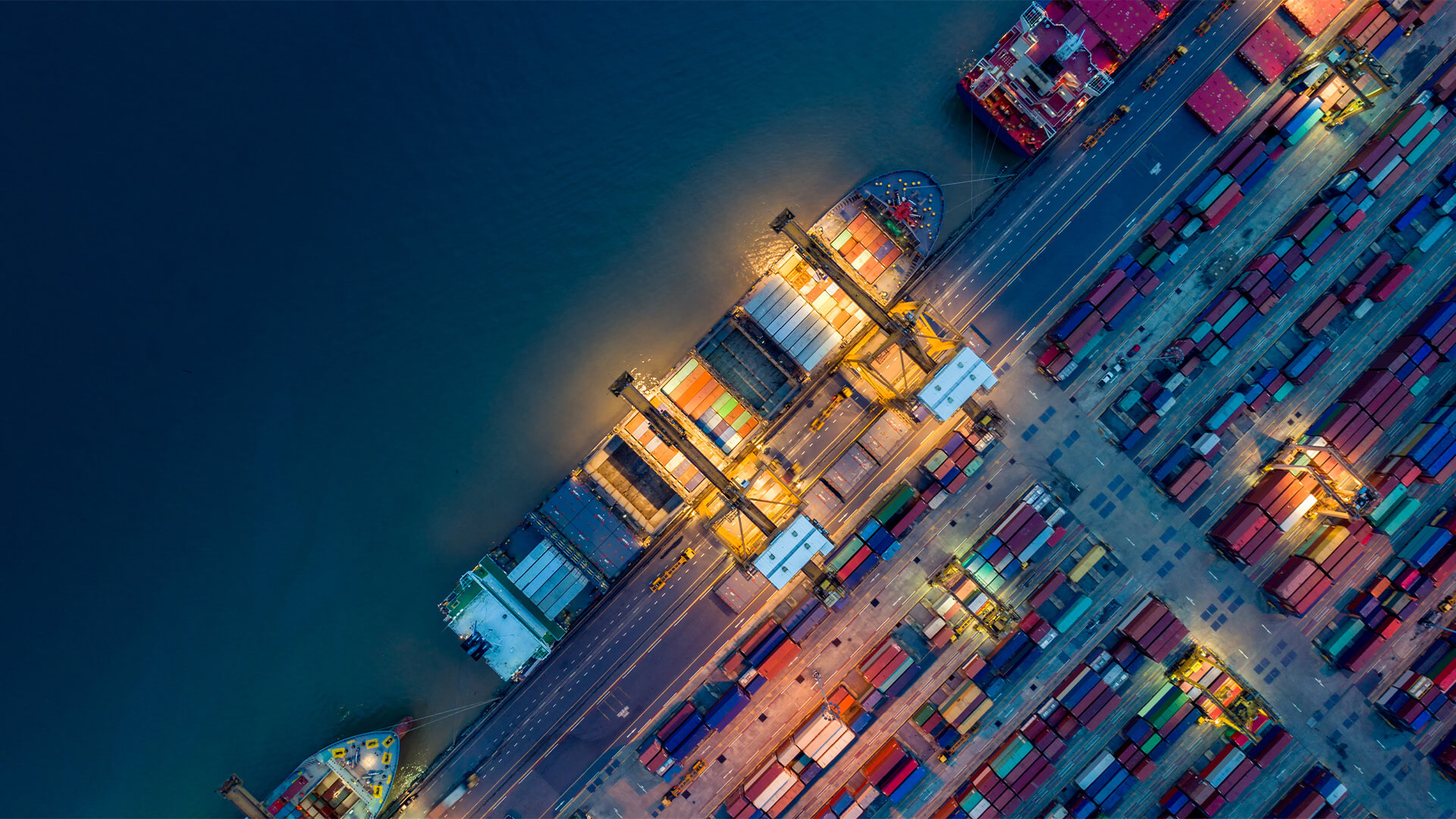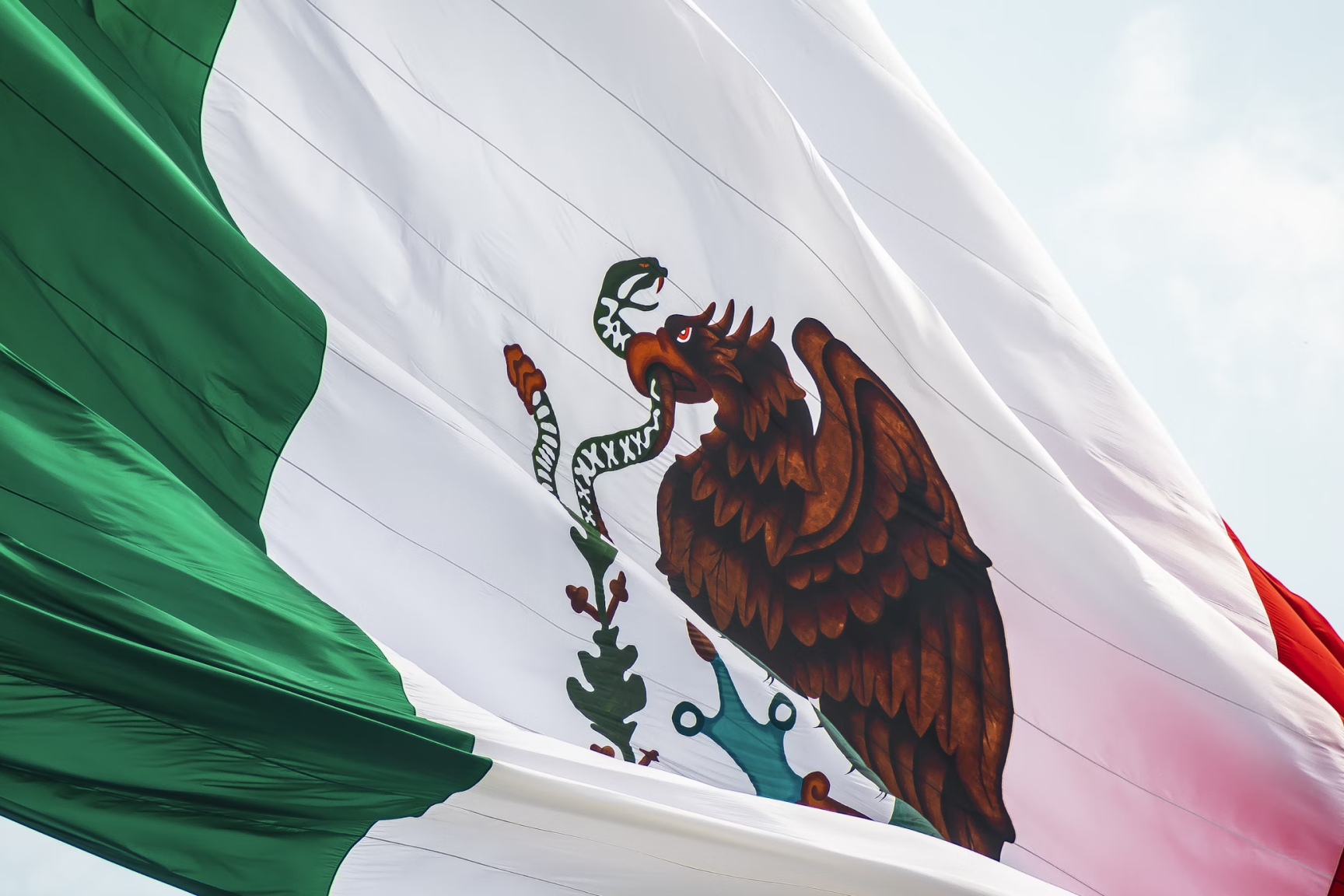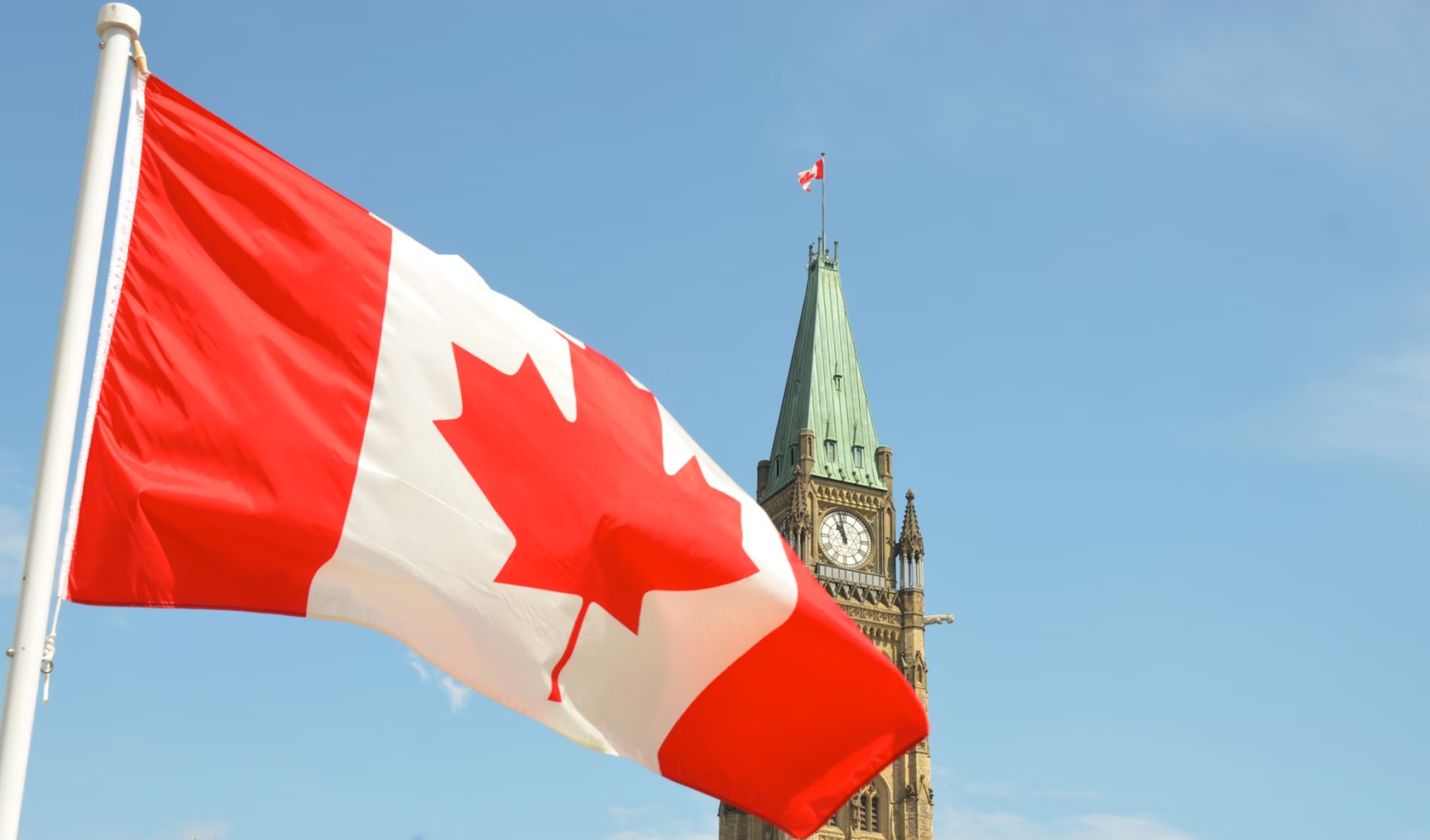
Many global events such as the COVID-19 pandemic, climate change, and Russia’s invasion of Ukraine, have disrupted supply chains across the world, having a real impact on the daily lives of Canadians. Canada is working closely with the United States to strengthen their common supply chains to make them stronger and greener.
On 24th May 2022, the Minister of Transport, the Honourable Omar Alghabra, was in Washington, D.C. to discuss common transport priorities with U.S. Secretary of Transportation Pete Buttigieg.
- Transport Canada and the U.S. Department of Transportation have identified joint projects to reduce pollution from all transportation modes, such as the development of binational alternative fuel corridors and the creation of a zero-emission vehicle task force.
- They will also work on reducing pollution from the rail and aviation sectors, and identify green shipping corridors between our two countries.
- They also took this opportunity to discuss the next steps related to the PS752 shoot-down, solutions on how to restore disrupted supply chains, and Russia’s unprovoked and unjustifiable invasion of Ukraine.
Minister Alghabra hosted a Supply Chain Roundtable with major transportation businesses and labour associations. The Co-Chairs of Canada’s Supply Chain Task Force, Jean Gattuso and Louise Yako, joined him to hear the participants’ perspectives on how to build more resilient supply chains between Canada and the U.S.
Finally, Minister Alghabra had fruitful meetings with White House Senior Advisor to the President for Infrastructure Coordination, Mitch Landrieu, and the Chief Executive Officer of Amtrak, Stephen Gardner.
The Honourable Omar Alghabra Minister of Transport had this to say:
“My day in Washington, D.C., has been tremendously productive. Not only have I met with one of my closest counterparts, Secretary Buttigieg, but also with other senior politicians and business leaders. These conversations are critical to Canada’s efforts in ensuring our transportation system remains safe, secure, efficient and environmentally responsible.
I am committed to helping Canadians and Canadian businesses that are vulnerable to disruptions in global supply chains, as they rely on U.S. and other foreign suppliers for crucial inputs and on foreign markets for selling their products.”
After the day’s events and discussions, it seems a positive outcome was reached for both countries, and the supply chain issues will continue to be monitored and resolved.
Quick Facts
- Canada and the United States enjoy a strong and unique relationship when it comes to trading and transportation.
- A secure and efficient flow of goods and people across the border is vital to both countries’ economic competitiveness and prosperity.
- One year ago, Transport Canada and the United States Department of Transportation reaffirmed the special nature of their relationship as well as their commitment to working closely together on sustainable transportation through the release of a Joint Statement on the Nexus between Transportation and Climate Change.
- Bilateral trade between Canada and the United States in goods and services reached $1 trillion in 2021.
- Canada buys more goods from the United States than China, France and Japan combined.
- Canada is the top trading partner of most U.S. states.
- Canadian companies operating in the United States directly employ 634,000 Americans.
- Canada-U.S. trade is built upon long-standing bi-national supply chains. In 2021, approximately 79% of Canadian goods exports to the United States were incorporated into U.S. supply chains.














